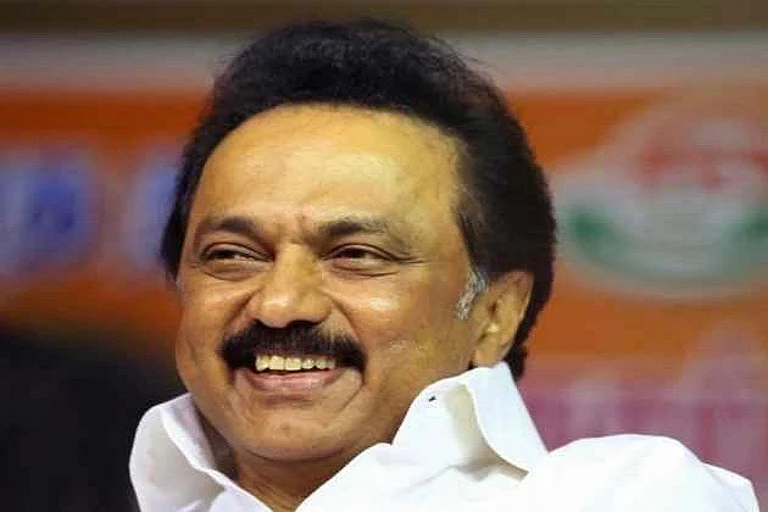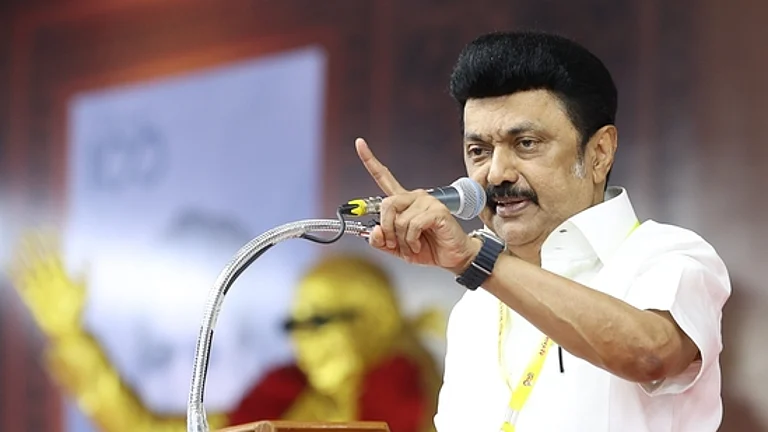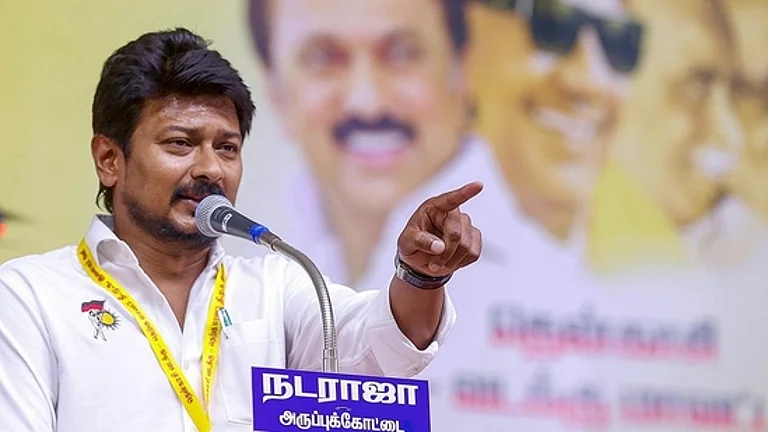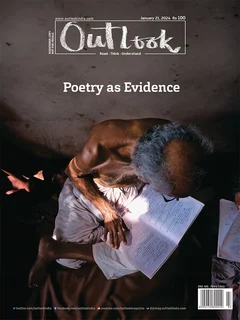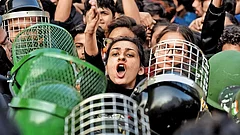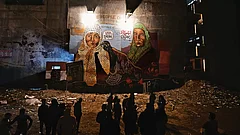She Was Told!
She was told
Not to wear a blouse
To allow every male
Watch her as a device.
She was told
To bend her back, not walk straight
To fill the tender tummies, keeping herself a bait.
She was told
To toil all day long in the fields
As a human machine
Deprived of food and water.
She was told
To swallow the pain of not feeding her baby
Though her lactating breasts pine to sate its hunger.
She was told
To take the insults, jeers, beatings and assaults,
For being born a woman, in a cursed clan.
She was told
To take the daily thousand cuts
Of sexist remarks, acts and assaults
Of her man and master.
She was told
That she is bad omen.
A bloody sanitary pad, useful but a disgusting topic.
The relentless sun beats oh her
Her dreams, beauty and youth
Sacrificed in the service of the land, the hut, the master.
Her eyes two dry hollows bear silent witness
To hundreds of deaths of her mothers, daughters, sisters
Their dreams, respect and their bodies.
Her calloused hands, her unkempt hair
Her cracked heels, her wrinkled hair
Tell the tales of living through fears and years
Of centuries and millennia of violations and deaths.
She was told
That she was dirt,
She was filth and
In this sacred land of thousands of goddesses
She is called a Dalit.
—Translated from Telugu by the poet
Aruna Gogulamanda, Telangana
(Aruna Gogulamanda is a Dalit woman poet from Telangana. She comes from a middle-class agricultural family, but has also closely observed women of Dalit ghettos while visiting her grandparents’ house. She weaves her poetry around Dalit women who had to face two-fold discrimination for being women and Dalits.)
What Age Has Taught Me: Silence
What age has taught me: silence
The kind where you don’t speak
Even when your house is on fire
We weren’t born into this.
I still remember my parents urging me
To say the right words before presenting
Me to my kindergarten teacher
And as i grew older
The words stopped
Why do you have to be so loud
The elders would say
Why do you have to attack everything with words
As if you’re in the forest after dark
And your words are arrows against the wolves?
When will this stop
We never raised our voices
Even when they took away our lands
And put us on a train
To the city with a thousand others
Who looked like us but weren’t
If we didn’t why should you?
So you stay silent.
You let them put people around you on trains.
They might look like you
But they aren’t your people,
Someone reminds you.
And you stay silent
Till you can’t and when you do speak
When you say
They are my people just
As i am theirs
They call you a criminal too.
Nilesh Mondal, West Bengal
(Nilesh Mondal is a poet and an engineering student from Asansol, West Bengal. He has worked with popular web platforms and his poems have been published in various magazines and journals.)







